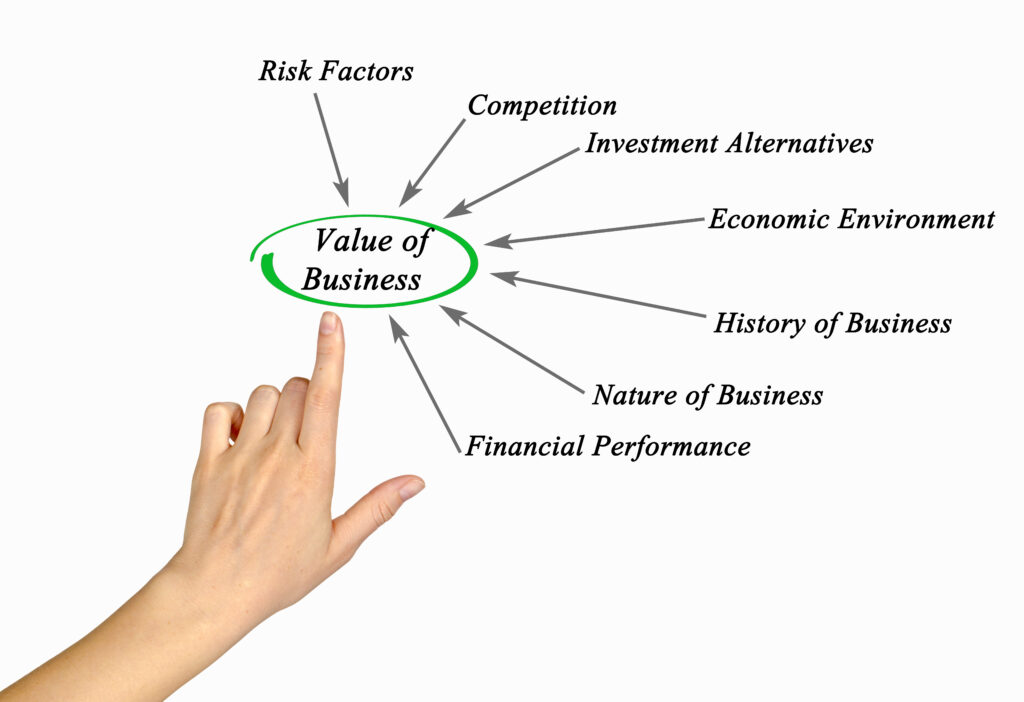9 Common Valuation Mistakes to Avoid

Sitting down in a classroom and learning about business valuations is seemingly straightforward. Crunching the numbers on things like required rate of return and valuation ratios are relatively easy to ascertain. Understanding the intricacies and complexities associated with business valuations, however, is often misrepresented in school courses and textbooks. Even the most seasoned of valuation experts make mistakes when it comes to valuations and tax court decisions. The truth is that the federal courts often dictate how valuations will go based upon tax decisions. As a result, it is important to recognize potential mistakes made by valuation experts in order to avoid them in the future.
Tax court decisions pave the way for forthcoming business valuations and are therefore a critical link to getting it right the first time. In many cases, the ability to steer clear of being wrong is just as important as being right. With that said, keep these common valuation mistakes in mind in order to avoid them in the future:
- Being inconsistent – be sure to remain consistent in your assertions throughout each valuation report, failing to do so can come back to haunt you in future valuations
- Keep your hypothetical buyer theoretical – calculating fair market value is based on a hypothetical buyer and seller and must remain this way
- The ability to replicate – make sure your explanation has the capacity to be replicated against future valuations
- Unsatisfactory due diligence – it may seem obvious, but far too many experts fail to adequately document all aspects of due diligence in their reports
- Using data with potential holes – avoid citing data that could be deemed unreliable
- Assumptions explanations – adequate support must be provided for any assumptions made in a valuation report
- Picking and choosing valuation multiplies – selecting only the lowest multiple companies will be a huge red flag in court
- Forgetting to edit – take the extra time to go through your valuation report with a fine-tooth comb to remove any errors
- Not finding readily available information – the opposing valuation expert should never be able to find a piece of information that you cannot
Real-life, hands-on practice is often the most beneficial learning tool, particularly in regard to complex valuation reports. The valuation of a closely-held business requires more than the application of a simple rule-of-thumb formula. All aspects of the subject company need to be considered as well as consideration of economic, industry, and other outside factors that may increase or decrease the value of the entity. Our trained valuation analysts have the qualifications and experience to value a business for a variety of purposes, including the purchase or sale of a business, divorce of an owner, estate and gift matters, business and contractual disputes, eminent domain condemnations, and to assist in financing. Contact our Miami or Palm Beach Gardens office today to learn more.
